Antimicrobial Stewardship (AS)/Hospital Epidemiology and Infection Prevention (HEIP) Track
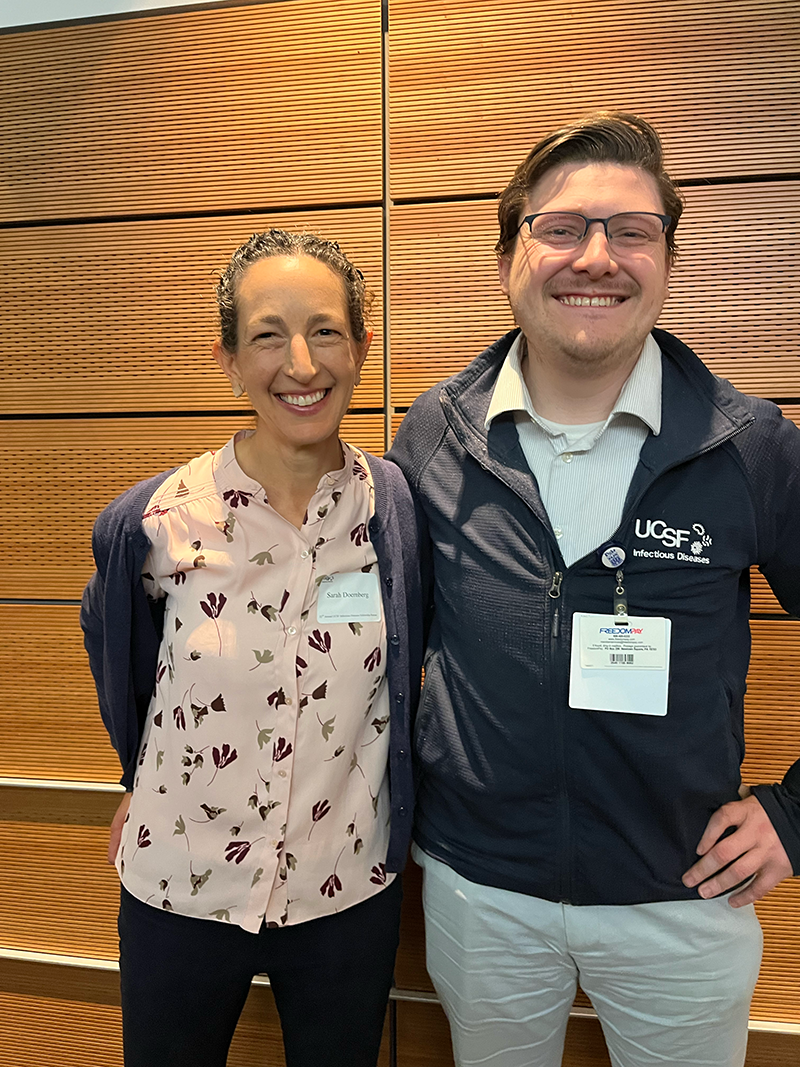
The AS/HEIP Subtrack is available as part of the 2-year Clinician Educator track or the 3-year Research track. Both tracks provide advanced training in antimicrobial stewardship and/or infection prevention through didactics, hands-on practical training, and scholarly projects. The research track is designed for fellows interested in advanced training in clinical research through additional coursework/degrees while completing a mentored research project. Applicants interested in the 2-year track would apply via the Clinician Educator Track, and those interested in the 3-year track via the Research Track in ERAS. Fellows complete the standard clinical requirements during the first two years of training.
Mission:
The goal of the track is to prepare fellows to take on a leadership role in antimicrobial stewardship or hospital epidemiology and infection prevention at a major medical center, as well as develop the skills necessary for a productive academic career in the field. The track also aims to be customizable, developing an individualized program to fit each fellow’s interests and goals, including a particular focus in either antimicrobial stewardship or hospital epidemiology and infection prevention.
Core components:
- Practical experience: The track places an emphasis on developing a practical skillset to prepare fellows for a career in infection prevention or antimicrobial stewardship. This includes participation in day-to-day programmatic activities (outbreak investigation, audit and feedback activities, etc.), committee meetings and strategic planning, guideline development, as well as opportunities to develop teaching and communication skills through presentations and formal talks.
- Mentorship: Each fellow is paired with a primary mentor within the track. The fellow and their mentorship team will meet regularly to ensure they are progressing towards the track goals.
- Scholarly/creative work: Every fellow will have at least one major project, which may entail a research project, QI initiative, or educational initiative, with a goal of developing a project from concept through design, implementation, and dissemination either as a publication, or within the health center.
Additional opportunities within this track are outlined below, with each fellow’s specific curriculum determined by their interests, in conjunction with their mentors.
| Category | Clinician Educator Track (2 yrs) | Research Track (3 yrs) |
|---|---|---|
| Formal Coursework | ||
| AS/HEIP |
SHEA Fellows’ Course on Healthcare Epidemiology, Infection Prevention, Antimicrobial Stewardship SHEA Online Primer on Healthcare Epidemiology, Infection Control, and Antimicrobial Stewardship IDWeek Antibiotic Stewardship Pre-meeting Workshop (Best Practices for Antibiotic Stewardship Programs) Conferences: |
|
| Leadership |
UCSF GME Health Systems Leadership Track UCSF Fellows Leadership Cohort Retreat |
|
| QI/High-Value Care |
AAIM/ACP High Value Care Curriculum IDSA Webinar Series on Quality Improvement |
|
| Research | Summer Clinical Research Workshop (optional) |
Advanced Training in Clinical Research OR Implementation Science Certificate OR Master’s degree in clinical research |
| Med Ed (optional) | ||
| AS/HEIP hands-on training |
Antimicrobial Stewardship (all sites)
Hospital Epidemiology and Infection Prevention (all sites)
|
|
| Scholarly work | Participate in mentored AS/HEIP scholarly project that may include clinical research, QI, or curriculum design. Dissemination is aspirational. | Complete a mentored AS/HEIP research project while completing rigorous training in research techniques. Dissemination is expected and will serve as a starting point for a career in AS/HEIP research. |
Examples of Recent Fellow-Led Hospital-Based Projects:
- Empiric antimicrobial therapy guideline for patients with end-stage liver disease
- Guideline for management of skin and soft tissue infections
- Guideline for management of febrile neutropenia
- Guideline for beta-lactam allergy evaluation by the inpatient ID consult service
- Mandatory ID consults for Staph aureus bacteremia
- Development of new hospital wide competency-based education module for antimicrobial stewardship
Examples of Recent Fellow-Led Research and QI Projects:
- Intra-abdominal infections practice outside of STOP-IT trial parameters
- Assessing interventions aimed at reducing hospital-acquired Clostridium difficile infection: a quality improvement experience
- Machine learning for the prediction of antimicrobial stewardship intervention in hospitalized patients receiving broad-spectrum agents
- Microbiome-informed antibiotic choice in trauma patients
Track Director
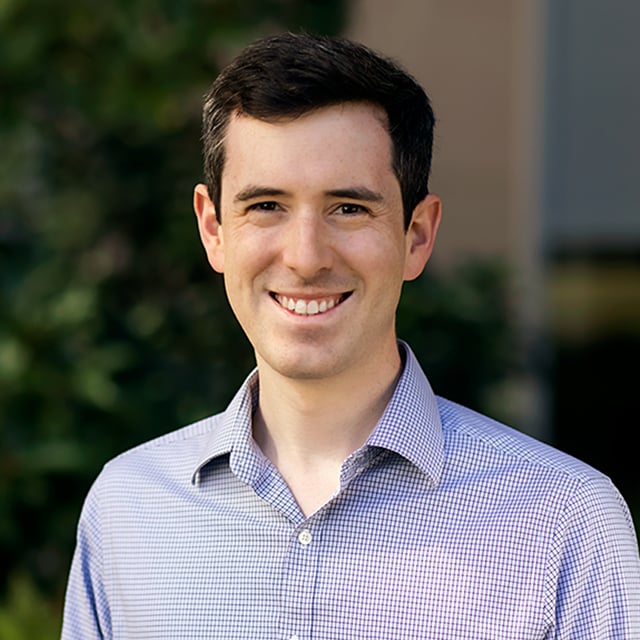 Will Simmons, MD
Will Simmons, MD
Will Simmons is an infectious disease specialist who cares for patients with complex conditions, including serious bacterial infections in the bloodstream and infections related to surgically implanted devices and hardware. He treats patients in both the clinic and the hospital. He earned his medical degree at the Columbia University Vagelos College of Physicians and Surgeons. He completed a residency in internal medicine at Massachusetts General Hospital and a fellowship in infectious diseases at the University of Washington School of Medicine. His research focuses on how to use antibiotics to both improve outcomes for patients and reduce the development of antibiotic-resistant bacteria. He is the medical director of the adult antimicrobial stewardship program at UCSF Health.
Track Faculty
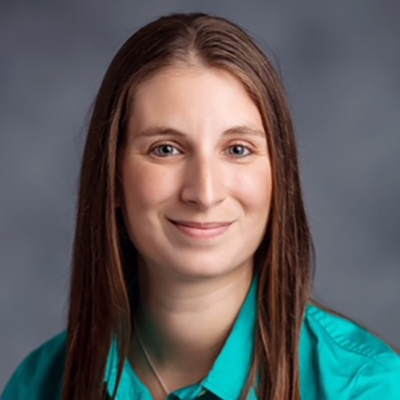 Theora Canonica, PharmD
Theora Canonica, PharmD
Theora Canonica received her PharmD from the University of Florida in 2018. Afterwards, she completed PGY-1 residency training at AdventHealth Orlando and infectious diseases PGY-2 residency training at the James A. Haley VA in Tampa. FL. In 2020, Theora was hired as the inpatient Infectious Diseases Pharmacist and Antimicrobial Stewardship Program manager at the San Francisco VA Medical Center.
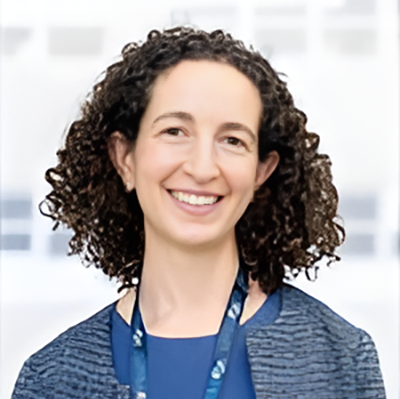 Sarah Doernberg, MD, MAS
Sarah Doernberg, MD, MAS
Sarah Doernberg is a Professor in the Division of Infectious Diseases. She has an active outpatient Infectious Diseases Clinic and sees inpatients on the Transplant Infectious Diseases service. Her clinical research focuses on diagnosis and treatment of antibiotic resistant infections. She received her BA from Harvard University in Biology with a focus in Neurobiology and received her MD from Yale University School of Medicine. She completed her Internal Medicine residency and Infectious Diseases fellowship at UCSF. She also received a Masters’ degree in advanced studies through the Training in Clinical Research Program at UCSF.
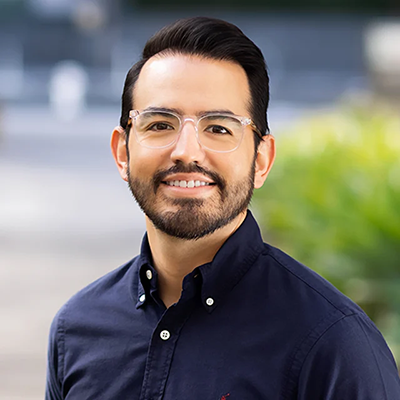 Dan Escobar, MD, MS
Dan Escobar, MD, MS
Dan Escobar is an infectious diseases specialist at UCSF Health and the Associate Medical Director of the Hospital epidemiology and Infection Prevention program. With a focus on developing strategies to improve patient care, he has a special interest in lowering the numbers of infections acquired in hospitals through epidemiology (which includes evaluating infection rates and preventive measures) and antibiotic stewardship (controlling antibiotic resistance by assessing and enhancing appropriate use of these medications). Escobar's research focuses on identifying the reasons that some patients get infections during hospitalization and implementing measures that would prevent such infections. He also studies drivers of antibiotic overuse, with the aim of reducing the development of antibiotic-resistant organisms.
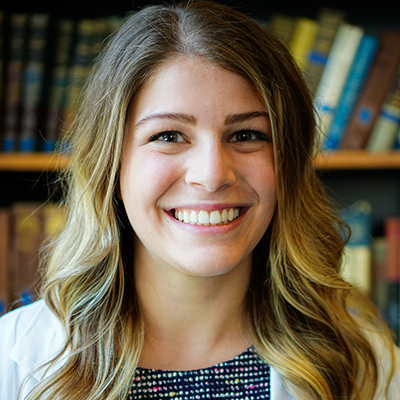 Emily Kaip, PharmD
Emily Kaip, PharmD
Emily Kaip is a Pharmacist Specialist in Infectious Diseases and Pharmacist Co-Lead for the Adult Antimicrobial Stewardship Program at UCSF Health. With a strong interest in teaching and mentorship, she also serves as Residency Program Director for the PGY-2 Infectious Diseases Pharmacy Residency program at UCSF and is an Assistant Clinical Professor within the UCSF School of Pharmacy.
 Clara Lee, PharmD, BCPS
Clara Lee, PharmD, BCPS
Clara Lee obtained her PharmD degree at University of Illinois at Chicago, then completed her PGY-1 pharmacy residency at John H Stroger, Jr. Hospital of Cook County and my PGY-2 in ID at Edward Hines Jr. VA Hospital. She is an Antimicrobial Stewardship Program Manager at the VA Medical Center San Francisco
 Conan MacDougall, PharmD, MAS, BCPS, BCIDP
Conan MacDougall, PharmD, MAS, BCPS, BCIDP
Conan MacDougall, PharmD, MAS, BCPS, BCIDP is Professor of Clinical Pharmacy in the Department of Clinical Pharmacy at UCSF and Infectious Diseases Pharmacist Specialist at UCSF Medical Center. Dr. MacDougall teaches pharmacy, medical, and nursing trainees at UCSF. He is a co-author on the 2016 IDSA guidelines on Implementing an Antimicrobial Stewardship Program and a member of the development group for the IDSA’s Antimicrobial Stewardship Curriculum for Fellows.
 Jennifer Mulliken, MD
Jennifer Mulliken, MD
Jennifer Mulliken is an infectious disease specialist who attends at San Francisco VA Medical Center (SFVAMC) where she sees patients on the infectious disease consult service and in the outpatient HIV/infectious disease clinic. She completed her medical education and internal medicine residency at NYU, where she also served as senior chief resident, before completing fellowship training in infectious diseases at UCSF. In addition to her clinical activities, Jennifer serves as Associate ID Chief for Clinical Operations at SFVAMC and Medical Director of the Antibiotic Stewardship and Home IV Therapy Programs at SFVAMC. Jennifer is also the Associate Program Director for Curriculum & Recruitment for the UCSF ID Fellowship Program. She serves as a core preceptor for trainees on clinical rotations at SFVA both on inpatient ID consults and the outpatient ID/HIV clinic. Additionally, she gives lectures to students, residents, and fellows in the medicine residency and the ID fellowship lecture series.
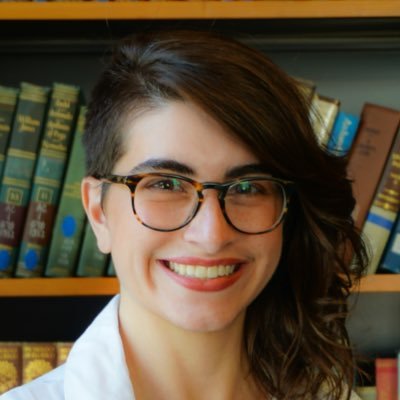 Amanda Roy PharmD, BCIDP, AAHIVP
Amanda Roy PharmD, BCIDP, AAHIVP
Amanda Roy, PharmD, BCIDP, AAHIVP is the primary infectious disease and antimicrobial stewardship clinical pharmacist at Zuckerberg San Francisco General. She rounds with the ID consult team, maintains the antimicrobial formulary, and provides expert ID pharmacy advice. Her clinical interests include allergy stewardship, optimizing antibiotic dosing, and treating infections in patients with substance use disorders.
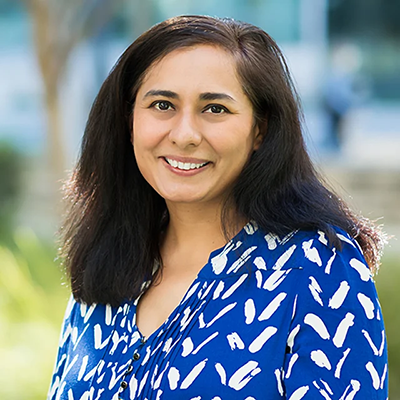 Prachi Singh, DO
Prachi Singh, DO
Prachi Singh, DO is an Associate Professor in the Department of Pediatrics, Division of Pediatric Infectious Diseases and Global Health at UCSF. She serves as the Medical Director of the Antimicrobial Stewardship Program at UCSF Benioff Children’s Hospitals. Her academic and clinical interests focus on optimizing antimicrobial prophylaxis for surgical and trauma patients and leading the development of evidence-based clinical pathways to improve pediatric care quality and outcomes.
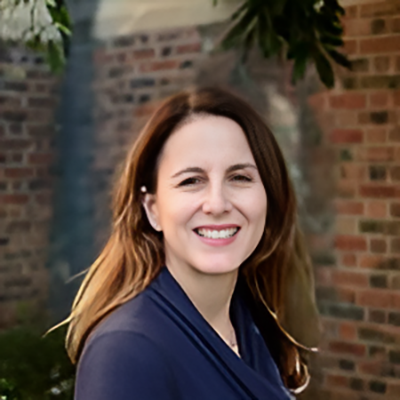 Lisa Winston, MD
Lisa Winston, MD
Lisa Winston is the Hospital Epidemiologist and Associate Chief Medical Officer, Medical Surgical Services at Zuckerberg San Francisco General Hospital and Trauma Center. Dr. Lisa Winston is an infectious diseases specialist who cares for patients with a wide range of infections. She serves as the co-medical director for antimicrobial stewardship at ZSFG and chairs the antimicrobial subcommittee of the pharmacy and therapeutics committee. Her research interests are infection control and prevention, improving the use of antimicrobials in different care settings, and the epidemiology and management of antimicrobial-resistant organisms.
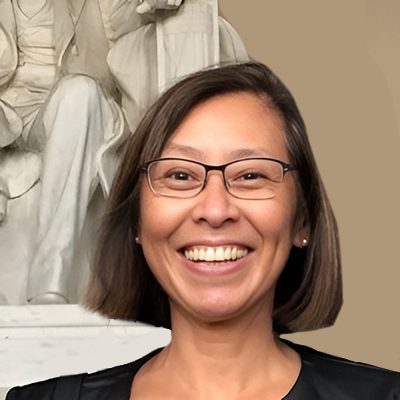 Deborah Yokoe, MD, MPH
Deborah Yokoe, MD, MPH
Deborah Yokoe is a Professor of Clinical Medicine in the Division of Infectious Diseases, Department of Medicine at UCSF and the Medical Director for Hospital Epidemiology and Infection Prevention for adult services at UCSF Medical Center. She has been an active member of the Society for Healthcare Epidemiology of America (SHEA), has served on the SHEA Board of Trustees, and was SHEA President in 2023. She co-led the creation of the SHEA, IDSA, and APIC-led set of documents entitled “A compendium of strategies to prevent healthcare- associated infections in acute care facilities” which were published in October of 2008 and updated in 2014 and 2022. The Compendium has been promoted by the IDSA, SHEA, the CDC, TJC, the American Hospital Association and many other professional societies and organizations as a tool to assist acute care hospitals in translating evidence-based recommendations for prevention of healthcare-associated infections into practice. She also served as the co-chair of the Healthcare Infection Control Practices Advisory Committee (HICPAC), a federal advisory committee that provides input to the Centers for Disease Control and Prevention on issues relevant to infection prevention and controlling the spread of antimicrobial resistance in healthcare settings. Her research has focused on the development and evaluation of streamlined and reliable methods for performing surveillance for healthcare-associated infections
